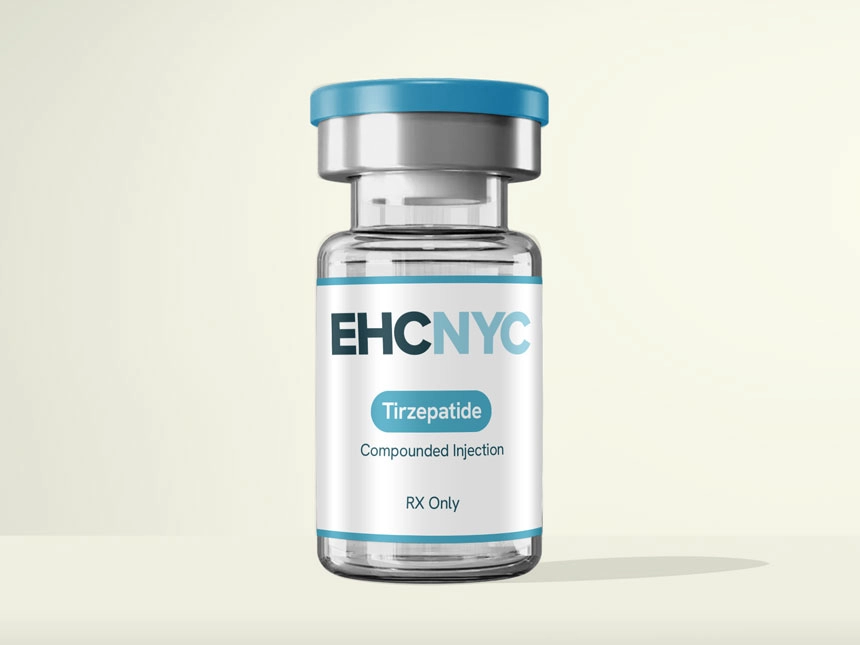
Understanding your protein intake while on semaglutide can make a huge difference in improving your health. If you’re asking, “how much protein should I eat on semaglutide?” the answer depends on your current weight, weight loss goals and
Why Protein is Important
Proteins are important macronutrients that provide energy for our bodies, along with fats and carbohydrates. They consist of amino acids, which are necessary for the body’s proper function. A high intake of lean protein can help maintain muscle mass, which is particularly important for patients taking medications like semaglutide or tirzepatide. Preserving muscle mass can support your metabolic rate and improve physical performance.
How Much Protein Do I Need to Eat on Semaglutide?
Knowing how many grams of protein you need on Semaglutide each day is important to ensure you’re meeting daily nutritional needs.
For ideal health, it’s recommended to consume 0.8 grams of protein per kilogram of body weight each day. On Semaglutide, you want to try to get a bit more than this, especially depending on weight.
Calculate your daily protein needs here:
Protein Needs Calculator
Estimate your daily protein needs while on Semaglutide
Nutritional Guidelines
To help you get the most out of your wellness routine, here are some nutritional guidelines that support overall health and accompany medication routines. These tips include lean protein sources, hydration, exercise, and avoiding certain foods.
Essential Tips for Health and Wellness
Staying hydrated: Drink plenty of water throughout the day
Exercise daily: Aim for regular activity like a post-meal walk to help digestion and boost energy
Read more on Exercise Tips for Semaglutide Patients
Consistency with Medication: If you take medication or supplements like Lipo MIC B12, inject them at the same time each week for the best results.
Best Protein While on Semaglutide: Lean Protein Sources
Lean protein sources should be part of your daily diet.
These include:
- Chicken
- Eggs
- Turkey
- Lamb
- Fish
- Tofu
- Cottage cheese
- Greek yogurt
- Beans
Foods and Habits to Avoid
For the best health, try to limit or avoid the following:
- Sugary foods and beverages
- Alcohol
- Processed foods
- Fried foods
- Nighttime eating
- Artificial sweeteners
For more information, see our list of foods to avoid on semaglutide.
Best Foods to Eat on Semaglutide
Incorporating the right foods into your diet can enhance your health and support your medication.
These foods help answer the question of ‘how much protein should I eat on semaglutide?’ by providing protein-rich options.
Focus on these nutrient-dense foods from these categories:
| Category | What to eat: |
| Fruits | Berries, apples, oranges, pears, and kiwi |
| Vegetables | Leafy greens, zucchini, carrots, and celery |
| Whole grains | Brown rice, quinoa, whole wheat pasta, barley, whole grain bread, whole grain rice, and oats |
| Dairy | Choose low-fat options, such as feta or mozzarella cheese |
| Nuts | Almonds, flax seeds, and pumpkin seeds |
Maintaining a balanced diet with lean protein and following these nutritional guidelines can benefit your health and enhance the effectiveness of medications you may be taking. By making mindful choices, you can support muscle preservation, boost energy, and improve your overall well being.
For more information, see our list of foods to eat while on semaglutide.
What Happens If You Don’t Eat Enough Protein While on Semaglutide?
When you’re taking Semaglutide for weight loss, your appetite naturally decreases — which can make it easy to fall short on protein. But not getting enough protein can slow your progress and even put your health at risk. Here’s what can happen if your intake is too low:
Loss of Mean Muscle Mass
Semaglutide helps you lose weight, but without adequate protein, your body may break down muscle instead of fat. Losing muscle slows your metabolism, making it harder to maintain weight loss long term.
Slower Metabolism
Muscle is metabolically active tissue — the more you have, the more calories you burn at rest. Skimping on protein can reduce muscle retention, which means your metabolism can take a hit.
Increased Fatigue and Weakness
Protein supports energy, repair, and recovery. Low intake may leave you feeling tired, sluggish, or weaker than usual, especially if you’re exercising while on Semaglutide.
Hair, Skin, and Nail Changes
Protein is essential for the production of keratin and collagen. Without enough, you might notice thinning hair, brittle nails, or skin that looks less healthy.
Difficulty Staying Full
Protein helps regulate appetite and reduce cravings. If your meals are carb-heavy but low in protein, you may feel hungrier and less satisfied despite being on Semaglutide.














